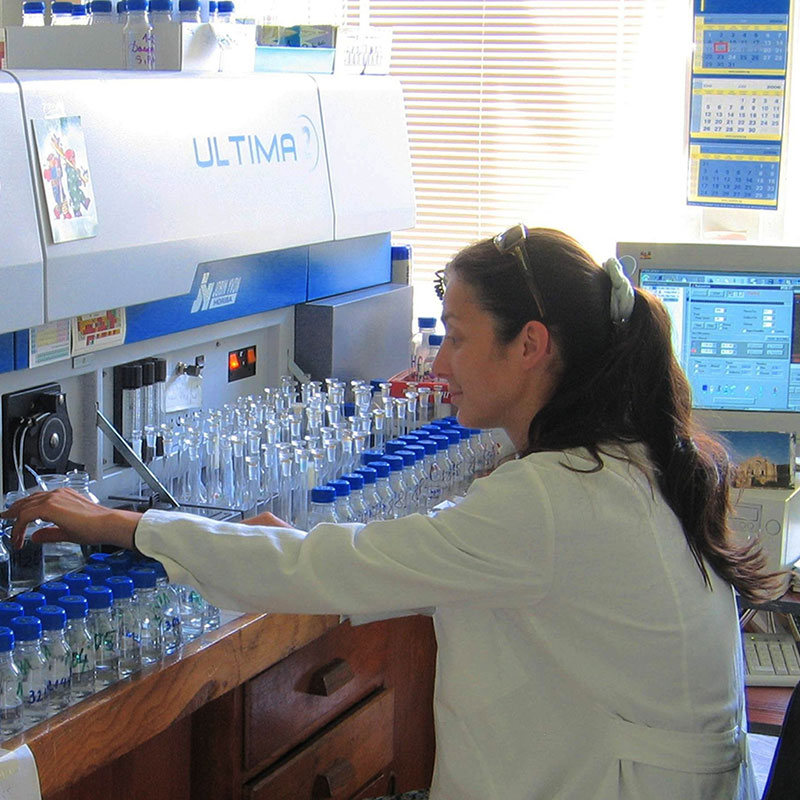Departments
Palaeontology, Stratigraphy and Sedimentology
Palaeontology, stratigraphy and sedimentology are fundamental fields of geology and a basis for the practical chronology of events and processes in the geological history of the Earth. Stratigraphic and sedimentological surveys are a major information product that serves not only fundamental research but primarily serves a large number of applied activities based on geological maps and related to the assessment of the potential of individual areas as sources of mineral raw materials and groundwater; preparation of projects for the construction of residential, industrial, communication and infr ...
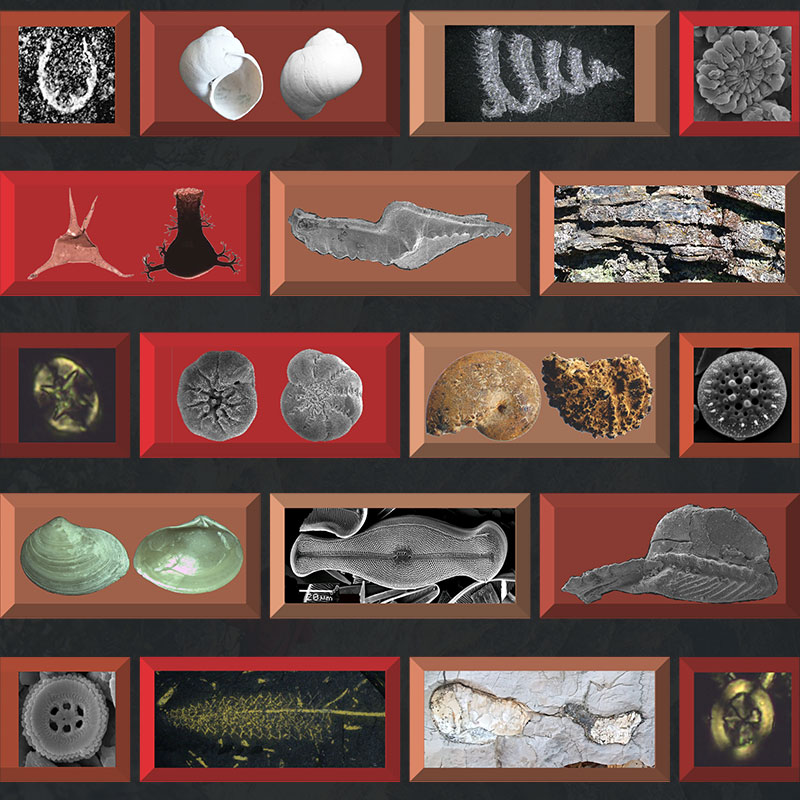
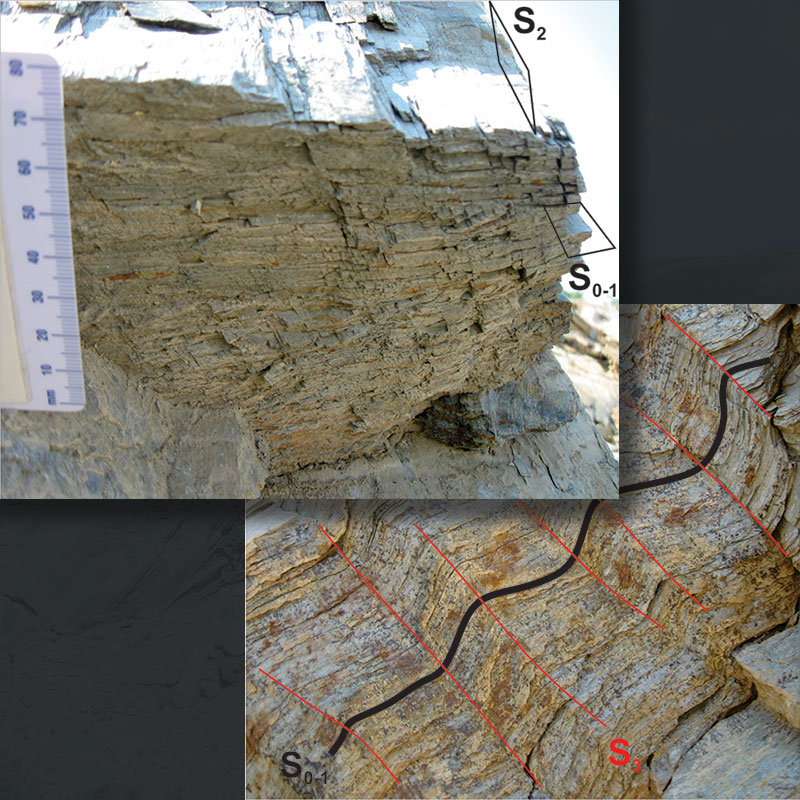
Geotectonics and Regional Geology
Structural geology is one of the main geological sciences. It studies the shape, structure, interrelations and evolution of the geological bodies. Geotectonics integrates knowledge obtained by all principal geosciences. The Regional geology of Bulgaria and the Balkan Peninsula is the basis for all applied geosciences in this country thus representing the bridge from fundamental to applied research. The Department of Geotectonics and Regional geology at the Geological Institute of the Bulgarian Academy of Sciences is founded in 1962 by Academician Prof. Ekim Boncev as one of the initial section ...
Mineralogy and Mineral Resources
The department of “Mineralogy and mineral resources” was established half a century ago by the distinguished Bulgarian mineralogist and crystallographer, co-founder and president (1982-1986) of the International Mineralogical Association and indisputable creator of the Bulgarian mineralogical school, Acad. Ivan Kostov. During the times past, emblematic for the Bulgarian mineralogy scientists like Prof. Yordanka Mincheva-Stephanova, Prof. Peter Dragov, Assoc. Prof. Georgi Terziev and Assoc. Prof. Liuben Vassilev, Prof. Ivan Bonev, Assoc. Rumen Petrounov, etc. have been working in this departmen ...
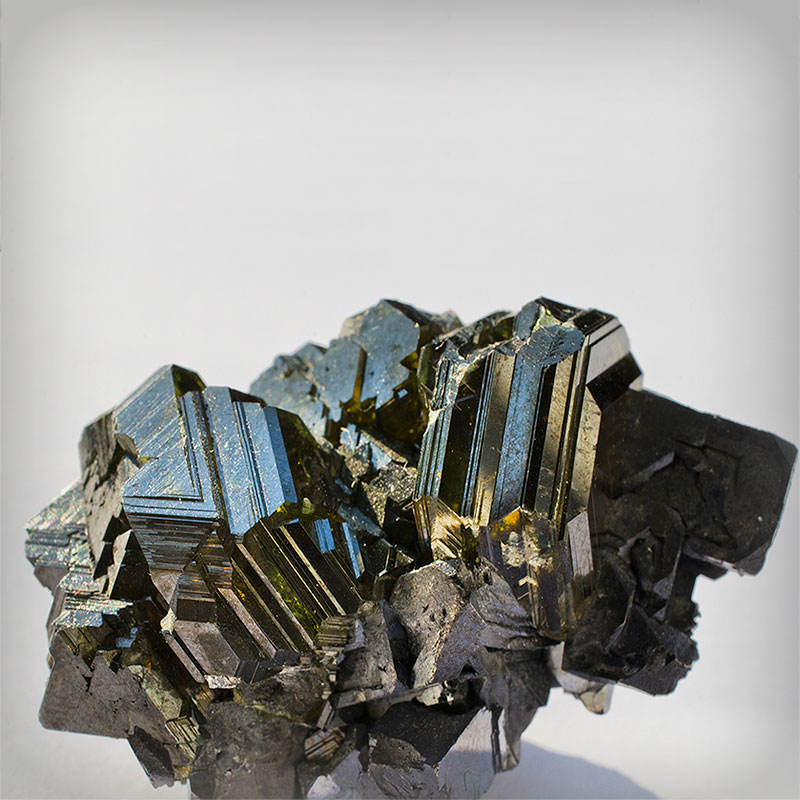
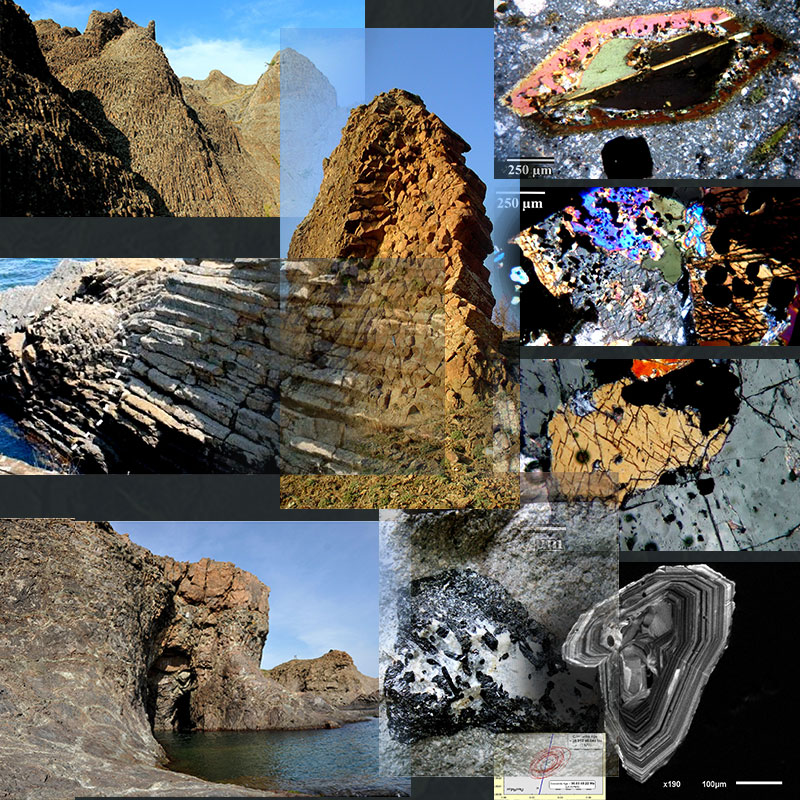
Geochemistry and Petrography
Main research fields of the Geochemistry and Petrology department are: Petrology and geochemistry of the magmatic and metamorphic complexes in Bulgaria; Magmatic-hydrothermal systems and hydrothermal (metasomatic) alterations related to mineral deposits and deposition of pyroclastic rocks; Geochemistry of sediments and coal; Geochemical vectors in ore deposits; "Critical" for the European industry elements and minerals from Bulgarian deposits; Geochronology and isotope geochemistry of rocks and minerals; Trace elements and their impact on environment; Development of analytical methods and labo ...
Hydrogeology
The Department Hydrogeology has been a major center of hydrogeological research in Bulgaria. The scientists of the Department have been pioneers in the elaboration of hydrogeological mapping as well as clarification of groundwater formation, its quantities and qualities, conservation, use and management of groundwater all over the country. Another important priority has been the qualitative aspects of groundwater. The thermo-mineral waters’ viability as bottling potable waters has been studied and more than 40 bottling factories were built. The country's geothermal potential as significant eco ...
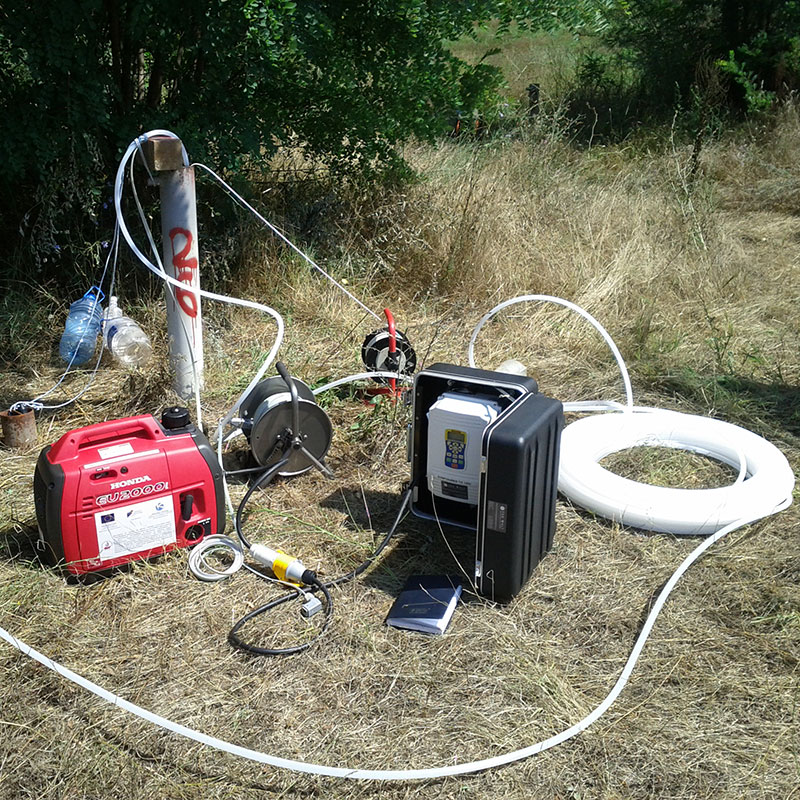
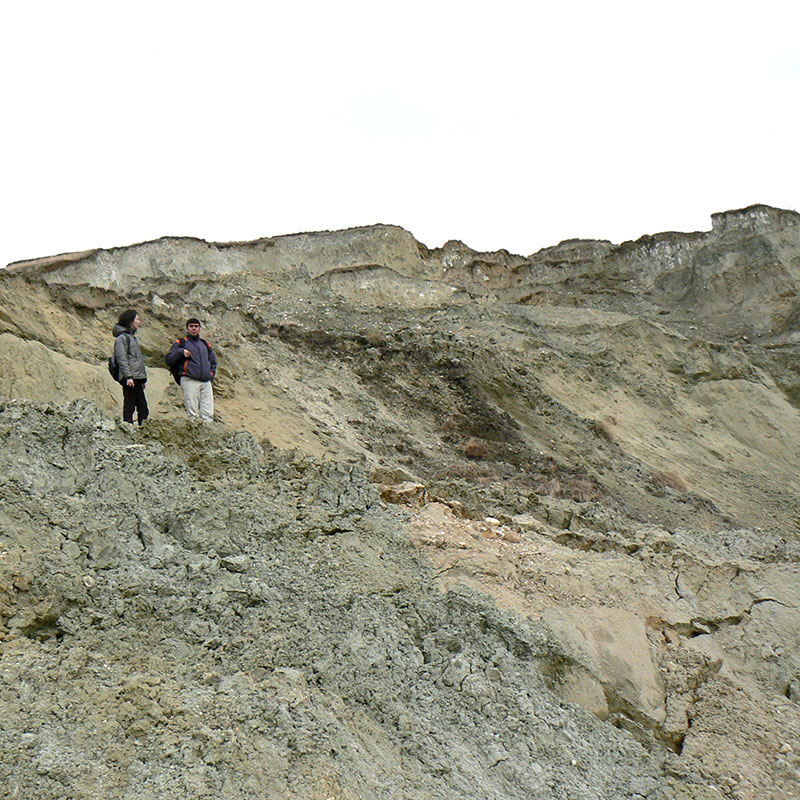
Geohazards
The Department of Geological Hazards is the successor to Department of Engineering Geology and Hydrogeology created in 1953. The first leader was Corr. Member of BAS Prof. Boyan Kamenov. Later this department develops, as it is released through reform the Department of Engineering Geodynamics (until 2006). In the period 1978-1994, the Department is a part of the Geotechnical Laboratory of BAS, which in May 1994 transferred to the Geological Institute. Head of this Department was Academician Prof. Ilia Bruchev, under whose leadership is doing important research for the country as The Map of the ...
Environmental Geotechnics
The Environmental Geotechnics Department was established in 2004. It is a successor of the originated in the 70`s Loess Complex Investigation Department of the Institute of Water Problems and the Soil Improvement Department of the Laboratory of Geotechnics. The complete scientific staff includes one corresponding member, one professor, five associate professors, one doctor of sciences, and eight doctors. The Department members are involved in the postgraduate (master) programs of the Sofia University “St. Kliment Ohridski” and the University of Mining and Geology “St. Ivan Rilski”. The Departm ...
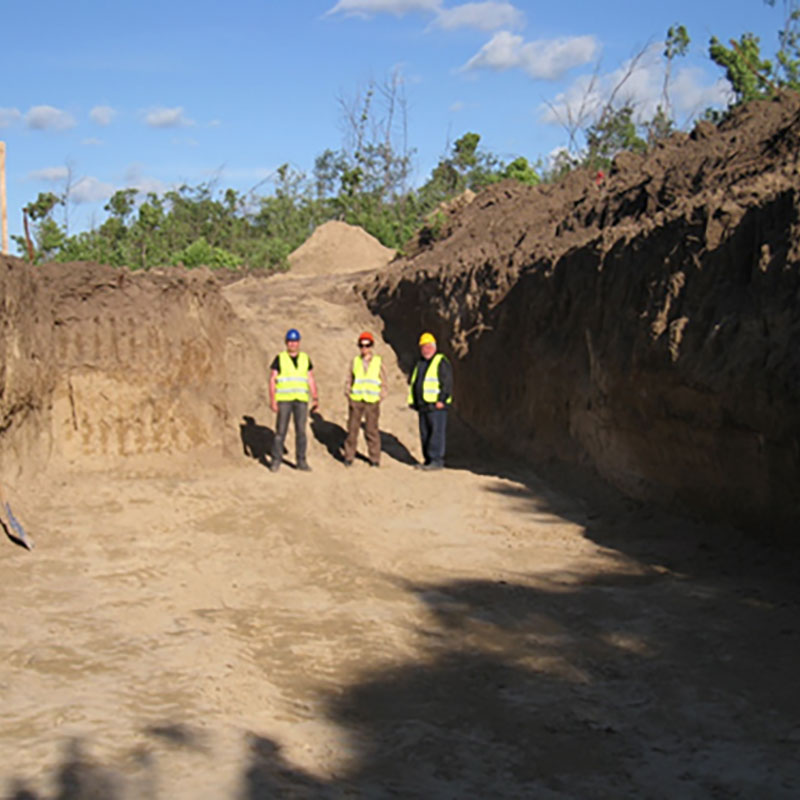
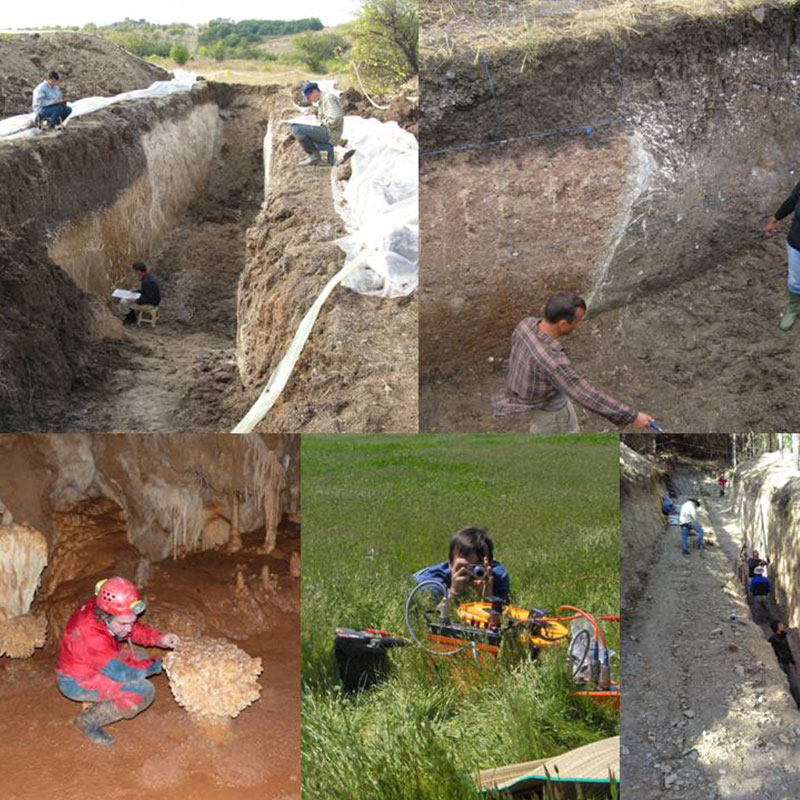
Earthquake Geology
The department was established in 1987 as an independent unit at the Geological Institute to provide research related to the earthquake geology in Bulgaria. The topics and activities of the department cover the study of seismic sources and recent deformations of the earth's surface on the territory of Bulgaria. The object of research are seismogenic faults and earthquakes that happened on them. Faults are identified, traced and mapped, their behavior and the history of earthquakes are established - when they occurred, what is their frequency, how large they are. A set of approaches is applied, ...
Geotechnical Research Station - Ruse City
The Geotechnical Research Station (GRS) was established in 1973 in Rousse City. It is a section of the Geological Institute of BAS. It is a regional center for the study of engineering geology, geology and geotechnics in Northeastern Bulgaria. Scientific and applied research activities are carried out for the benefit of the state, civil society structures, education and the private sector. The research and technical staff collects, processes, stores and publishes data from its own engineering geological surveys; maintains and provides scientific and drilling equipment. The head of the Research ...
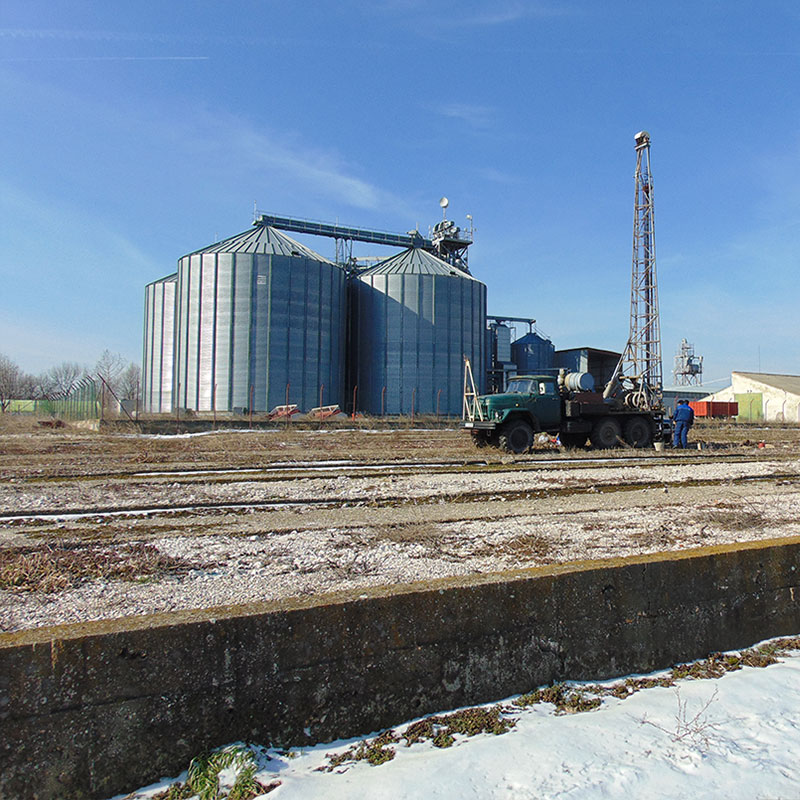
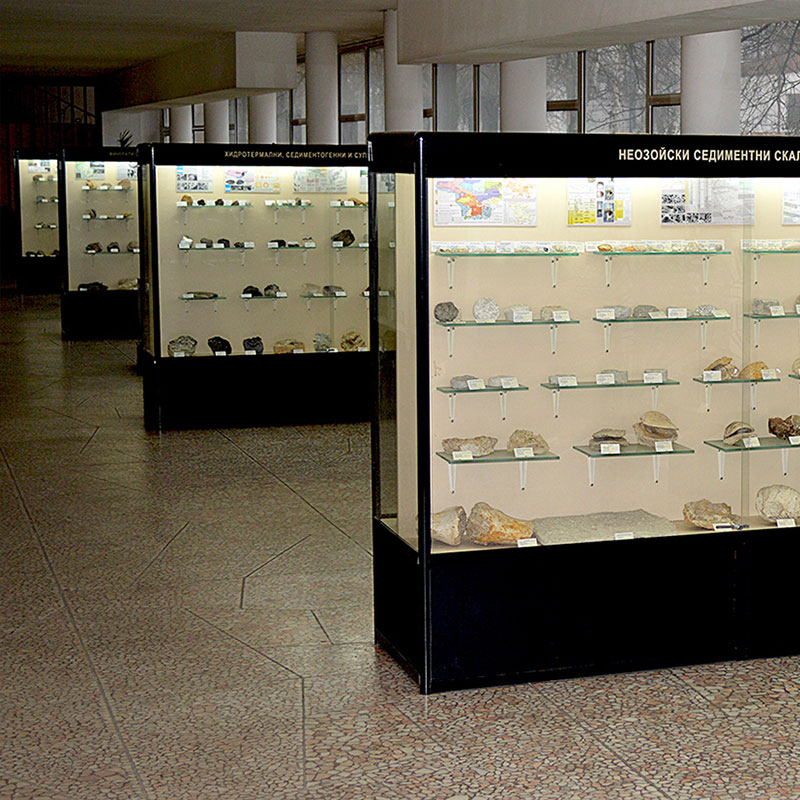
Laboratory of Geocollections
The geocollections of the Geological Institute consist of samples of minerals, rocks and fossils that have been collected mainly from localities, mines and boreholes in Bulgaria. They are organized in the Laboratory for Geocollections according to the state of knowledge of the samples. All materials housed are differentiated in two main funds: basic and interchangeable. The basic fund includes scientific geocollections and geocollections of unique and representative samples which are of a high scientific value. It is composed of published and unpublished samples, which can be used for referenc ...
Research Geological Laboratory "GeoLab"
GeoLab is an independent unit of the Geological Institute of Bulgarian Academy of Sciences, according to the rules of the Bulgarian Accreditation Service. The Geolab’s activities are measuring the chemical and mineral composition, physical-mechanical properties of soils, rocks, industrial materials and waters. Several laboratories carry out sample preparation, decomposition, dissolution of solid samples, as well as testing of waters (drinking, underground, mineral or waste). Supporting software for supplying and controlling the accuracy, correctness and reproduction of parameters and periodica ...
